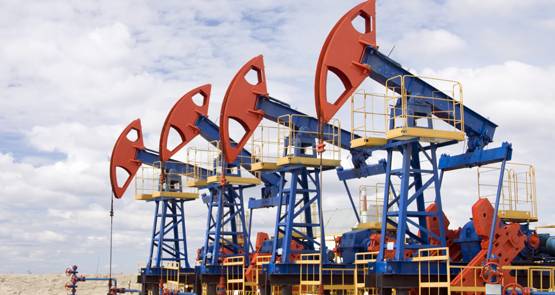
Banking culture. Does a bank’s culture depend on the nationality of its CEO? That’s a hard one — and it is not an anti-foreigner question, just an observation, given the way the CEO position at our big four banks have been dominated by foreigners in the past quarter of a decade. Australian managements got Westpac into trouble in the recession of the early ’90s. Westpac barely survived. Bob Joss, an American, proved to be the key to its revival as he reintroduced a strong banking culture to the country’s “oldest” (and luckiest) bank. Joss came from Wells Fargo, the best-run bank in the US. He was followed by Dr David Morgan, a former senior Treasury executive and a solid, hard-headed Australian CEO with strict ideas on culture. He retired in 2008 and was replaced by the sainted Gail Kelly, a South African (though with experience at the Commonwealth and St George Banks). She retired in early 2015 and was replaced by Brian Hartzer, an American. The alleged rigging of the Bank Bill Swap Rate by Westpac traders took place from April 2010 to June 2012 while Kelly was CEO.
The ANZ has been the most foreign of all the local big banks. John McFarlane, a Scot, was CEO for a decade until 2007. He was replaced by a Brit in Mike Smith until late last year when another Kiwi in Shayne Elliott was named. The ANZ has not had the happiest of decades in terms of culture; its track record of blunders features such debacles as Opes Prime (a dodgy share trader and hundreds of millions of dollars of dud loans), over charging of some fees to customers, poor advice to others, the ASIC allegations it rigged the Bank Bill Swap Rate between March 2010 and May 2012.
So the question is whether the preponderance of foreign-born bankers has helped or undermined culture at the four Australian financial giants. Well, banking skills are supposed to be interchangeable, fungible. And bankers in the US, UK, Europe and South Africa also make errors, lend to the wrong people, lose billions of dollars and put their financial systems and economies in jeopardy. If anything, it’s not ability and good banking that is fungible, it’s the ability to forget the lessons of the past that is so easily transferrable. There wasn’t one CEO from 2008 onwards who understood what had gone on in 1987-92 was similar to what their banks were suffering in the GFC. The question isn’t one of culture, it is: has the current crop of managers (and of course their boards) remembered anything from past events in Australian banking? — Glenn Dyer
“Basta”, banks! The Italian government and Italy’s slothful banking system have finally been corralled into a corner where there’s no escaping a decision on what to do with 360 billion euros of non-performing loans that threaten to set off another banking crisis in the country and much of the eurozone. Italian bank shares have fallen close to 50% so far this year as fears about their stability have come to dominate the market, economy and politics. The estimated 360 billion euros of non-performing loans is roughly 20% of the Italian economy, which is not in any fit condition to ride out another crisis as it emerges from three years of recession — a slump that has undermined the finances of many banks, large and small. The government and central bank have started encouraging mergers and takeovers to try create fitter banks, but the big concern is the black-hole bank at the centre of the crisis called Monte dei Paschi di Siena, which is unwanted and needs to be supported to prevent its collapse and avoid dragging the sector under and the economy bank into recession. So a plan to create a “bad” Italian bank, containing non-performing loans is close to being revealed — possibly as early as tonight. Banks and other financial groups will have to stump up an estimated 5 billion euros in capital, and while the government is co-ordinating the rescue, it can’t put in much in the way of capital because of EU rules against state aid and the country’s humungous debt (132% of GDP). A reminder that bad bank culture is a universal issue. — Glenn Dyer
Markets traps ahead. Just imagine the coming week for your average Master of the Universe (or your below-average Australian banker) as they look to try and make money for themselves, and then their clients. What to do? China’s March monthly and quarterly figures will make life tough all week, a series of big US banks report quarterly earnings this week (and don’t believe any headlines saying a bank has “beat” market forecasts. Those estimates have been slashed lower). Then there’s oil prices a mad surge on Friday and hopes that OPEC and non-OPEC countries (such as Russia) will do the right thing next Sunday and ride to the rescue of the sector by agreeing to trim production. It won’t with the Shia Iranians determined to add more than a million barrels a day to their production, no matter what Sunni Saudi Arabia wants, let alone the slowly sinking US shale oil sector. And figures out last week showed Russian oil production hitting a 30-year high in March of 10.91 million barrels a day — the highest since 1987 when the country produced 11.5 million barrels a day. So much for capping output. More Russian crocodile tears and fibs. Don’t cry for them or the rest of the sector. — Glenn Dyer







And the nominees for what actually brings down democracy are;
– nuclear war
– the oil market
– climate change
– the banking sector
And the winner is ………………